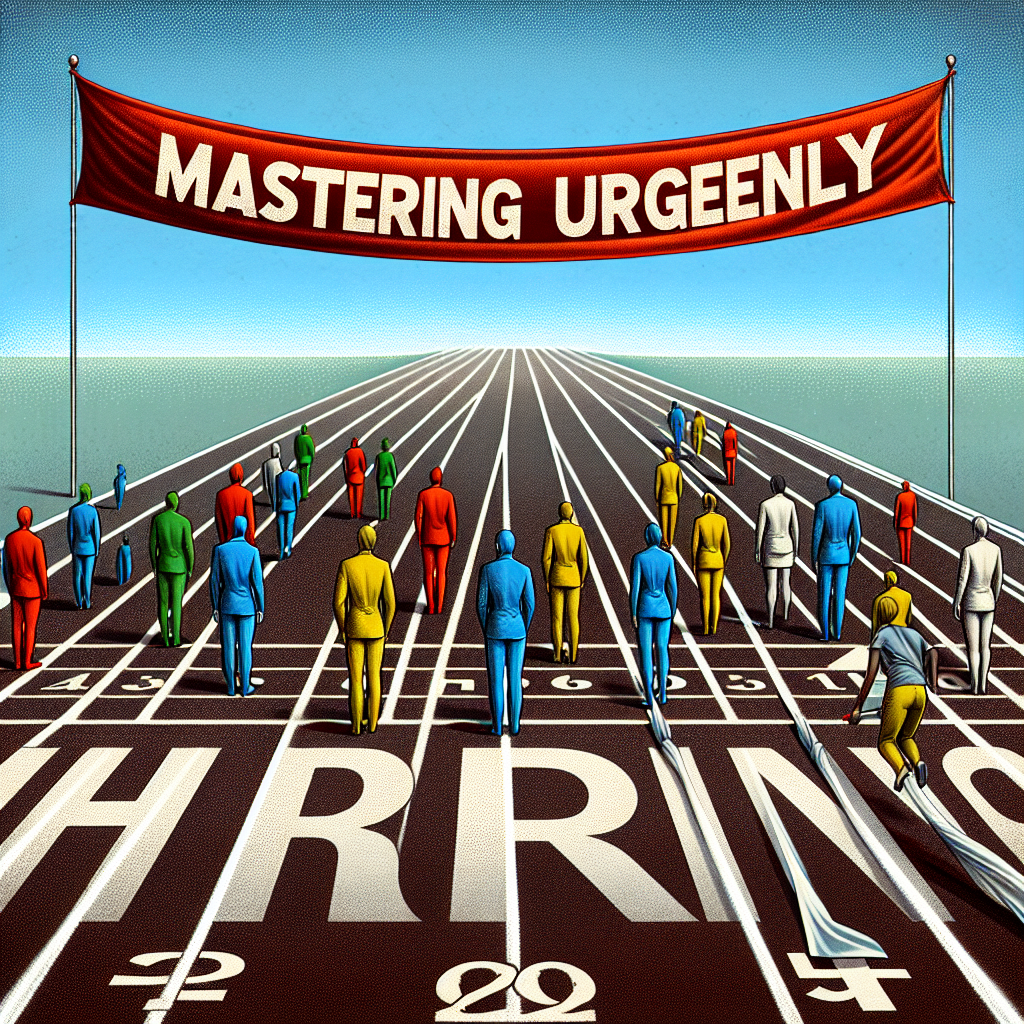Finding work that starts right away can feel urgent and overwhelming, but with a focused plan you can secure a position quickly and confidently. This guide breaks down practical, step-by-step strategies to find immediate-hire opportunities, apply effectively, and start earning as soon as possible without sacrificing fit or safety.
Understand what “urgent hire” roles look like
Urgently hiring positions often appear in industries with fluctuating demand or seasonal surges: hospitality, retail, delivery and logistics, healthcare support, and gig-based services. These jobs typically prioritize availability, basic skills, and a fast onboarding process. Knowing the typical job types helps you target search channels and shape your application materials.
Where employers post immediate openings
Employers seeking to fill roles immediately use a mix of job boards, local groups, staffing agencies, and walk-in postings. College career hubs and job boards aimed at students and recent grads can be especially helpful if you need a fast start — see this ultimate guide to job boards for college students in the USA — free and paid options for curated platforms that often list quick-start roles.
A step-by-step action plan to land a job fast
Follow this practical sequence to move from search to first day in the shortest reasonable time.
- Prepare a focused resume: Create a one-page resume emphasizing transferable skills, availability, and recent relevant experience. Keep it scannable — bullets, clear headings, and contact details at the top.
- Polish a short pitch: Develop a 30–60 second summary you can use during phone calls, walk-ins, or interviews to explain why you’re ready to start immediately.
- Target high-turnover employers: Identify local businesses with constant hiring needs (restaurants, warehouses, retail chains) and check their hiring pages and local store windows for “now hiring” signs.
- Apply selectively but quickly: Customize a brief cover message for each application that highlights immediate availability and relevant skills.
- Follow up promptly: After applying, call or visit if feasible. A friendly follow-up can move your application to the front of the line.
- Be flexible on shifts and duties: Temporary hours, on-call shifts, or part-time starts often lead to more stable roles later.
Optimize interviews for speed
When interviews are scheduled quickly, you may have little prep time. Bring hard copies of your resume, dress appropriately for the role, and arrive early. Emphasize reliability, teachability, and any certifications or clearances you already have. If onboarding requires documentation (ID, right-to-work papers), bring those to accelerate hiring.
Use proven channels and verification
Some platforms and sources are more reliable for urgent-hire roles than others. Government and educational resources can provide trustworthy labor market information and guidance on rights and minimum standards. For examples of occupational outlooks and industry trends that help you choose stable short-term roles, consult the Occupational Outlook Handbook at the Bureau of Labor Statistics for up-to-date job projections and job descriptions: Occupational Outlook Handbook.
Safety and legitimacy checks
Before accepting a job immediately, verify the employer and terms to avoid scams. Check for a physical work site, ask clear questions about pay frequency, duties, and required materials, and never pay to get a job. If something seems suspicious — like requests for banking info via unsecured email or pressure to pay upfront — walk away and report it to local authorities.
Quick tips to increase your chances
- Be available during peak hiring hours (mornings and early afternoons).
- Use mobile-friendly apps to apply and follow up on the go.
- Network locally — friends, neighbors, and social media groups often know of openings before they go public.
- Consider temporary agencies for immediate placements with payroll handled by the agency.
FAQ
Q: How soon can I realistically start a new job?
A: If documentation and onboarding are minimal, many employers can onboard within 24–72 hours. Timeframes depend on background checks, required certifications, and employer processes.
Q: Are urgently hiring jobs worth taking long-term?
A: They can be. Immediate-start roles often lead to regular employment, valuable experience, and income while you continue searching for your ideal position. Treat them as stepping stones and evaluate each offer for growth and stability.
Q: What documents should I have ready now?
A: Have ID proving eligibility to work, a basic resume, contactable references, and any job-specific certifications (food handler’s card, CPR, driver’s license) ready to present.



